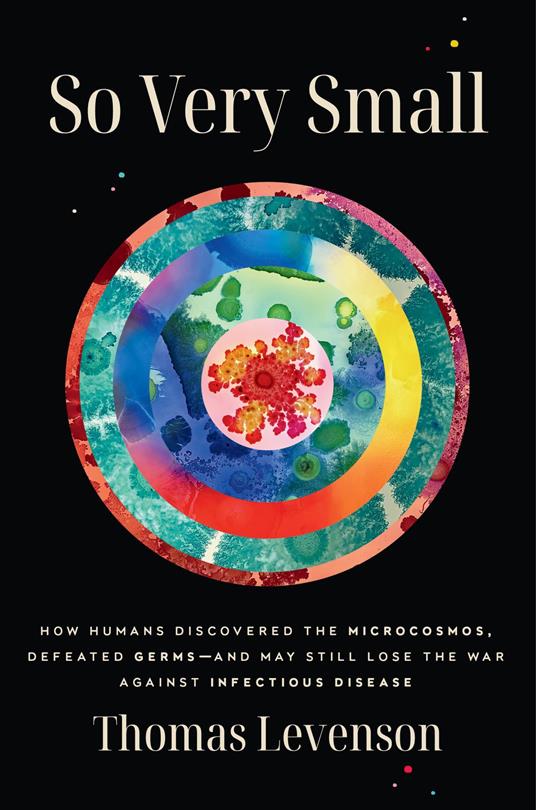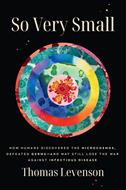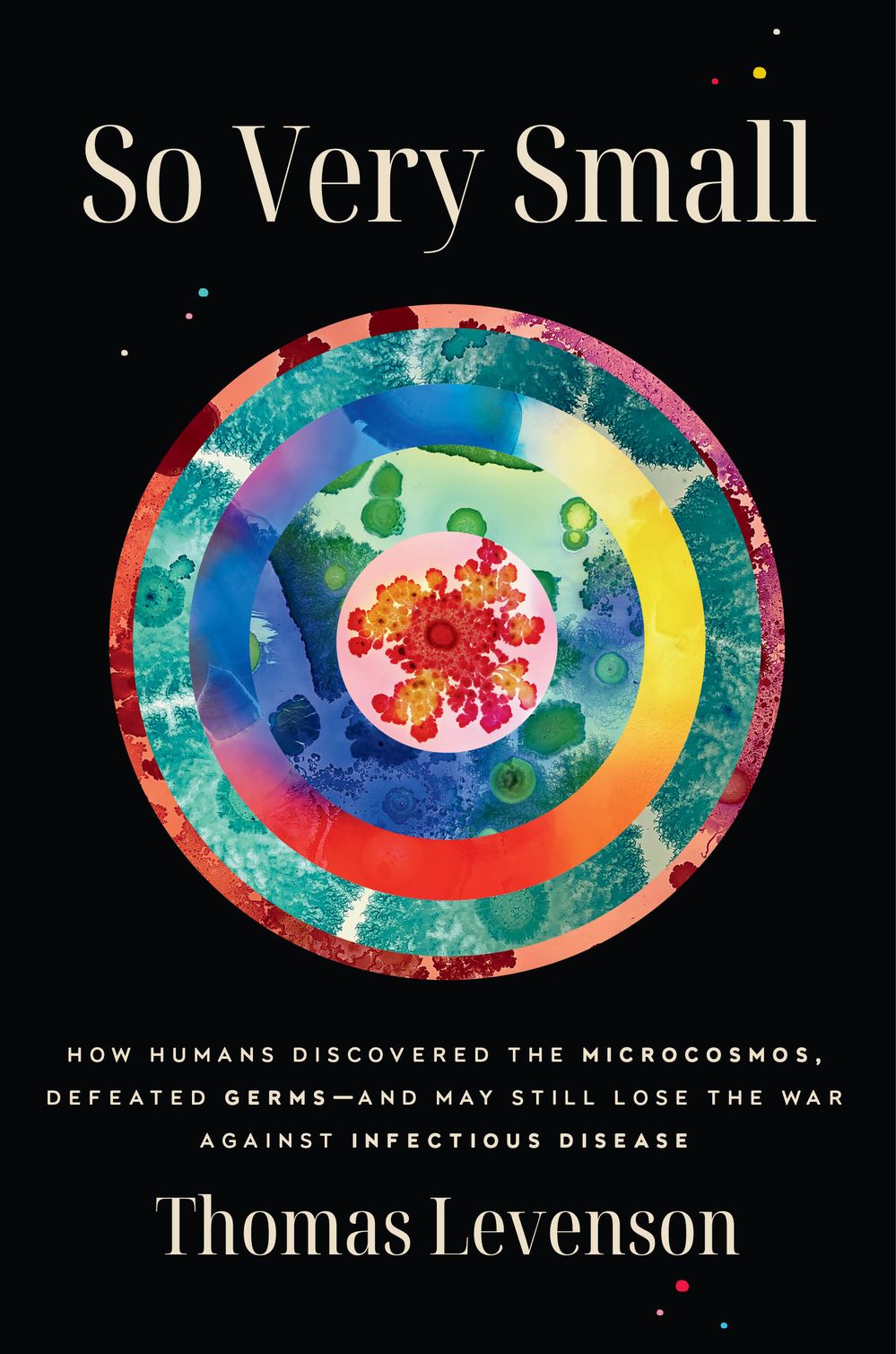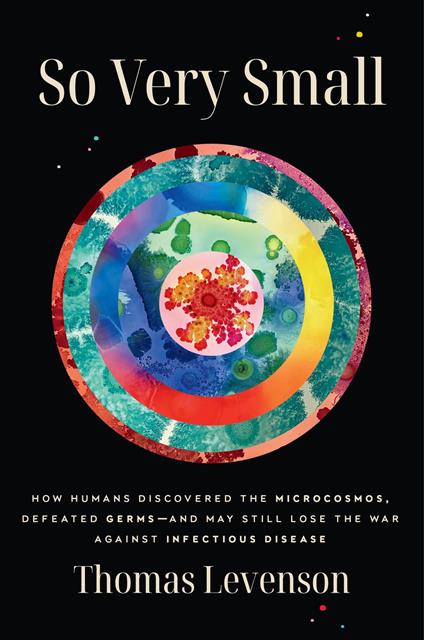So Very Small
“An elegant, wide-ranging history” (The New York Review of Books) of the centuries-long quest to discover the critical role of germs in disease thatreveals as much about human reasoning—and the pitfalls of ego—as it does about microbes. “Levenson takes readers through an entertaining . . . journey of missed opportunities in microbiology and the eventual advances that arose in this field.”—Science Scientists and enthusiastic amateurs first confirmed the existence of living things invisible to the human eye in the late seventeenth century. So why did it take two centuries to connect microbes to disease? As late as the Civil War in the 1860s, most soldiers who perished died not on the battlefield but of infected wounds, typhoid, and other diseases. Twenty years later, the outcome might have been different, following one of the most radical intellectual transformations in history: germ theory, the recognition that the tiniest forms of life have been humankind’s greatest killers. It was a discovery centuries in the making, and it transformed modern life and public health. As Thomas Levenson reveals in this globe-spanning history, it has everything to do with how we see ourselves. For centuries, people in the West, believing themselves to hold God-given dominion over nature, thought too much of humanity and too little of microbes to believe they could take us down. When nineteenth-century scientists finally made the connection, life-saving methods to control infections and contain outbreaks soon followed. The next big break came with the birth of the antibiotic era in the 1930s. And yet, less than a century later, the promise of the antibiotic revolution is already receding due to years of overuse. Is our self-confidence getting the better of us again? So Very Small follows the thread of human ingenuity and hubris across centuries—along the way peering into microscopes, spelunking down sewers, visiting army hospitals, traipsing across sheep fields, and more—to show how we came to understand the microbial environment and how little we understand ourselves. Levenson traces how and why ideas are pursued, accepted, or ignored—and hence how human habits of mind can, so often, make it terribly hard to ask the right questions.
-
Autore:
-
Anno edizione:2025
-
Editore:
-
Formato:
-
Lingua:Inglese
Formato:
Gli eBook venduti da Feltrinelli.it sono in formato ePub e possono essere protetti da Adobe DRM. In caso di download di un file protetto da DRM si otterrà un file in formato .acs, (Adobe Content Server Message), che dovrà essere aperto tramite Adobe Digital Editions e autorizzato tramite un account Adobe, prima di poter essere letto su pc o trasferito su dispositivi compatibili.
Cloud:
Gli eBook venduti da Feltrinelli.it sono sincronizzati automaticamente su tutti i client di lettura Kobo successivamente all’acquisto. Grazie al Cloud Kobo i progressi di lettura, le note, le evidenziazioni vengono salvati e sincronizzati automaticamente su tutti i dispositivi e le APP di lettura Kobo utilizzati per la lettura.
Clicca qui per sapere come scaricare gli ebook utilizzando un pc con sistema operativo Windows



